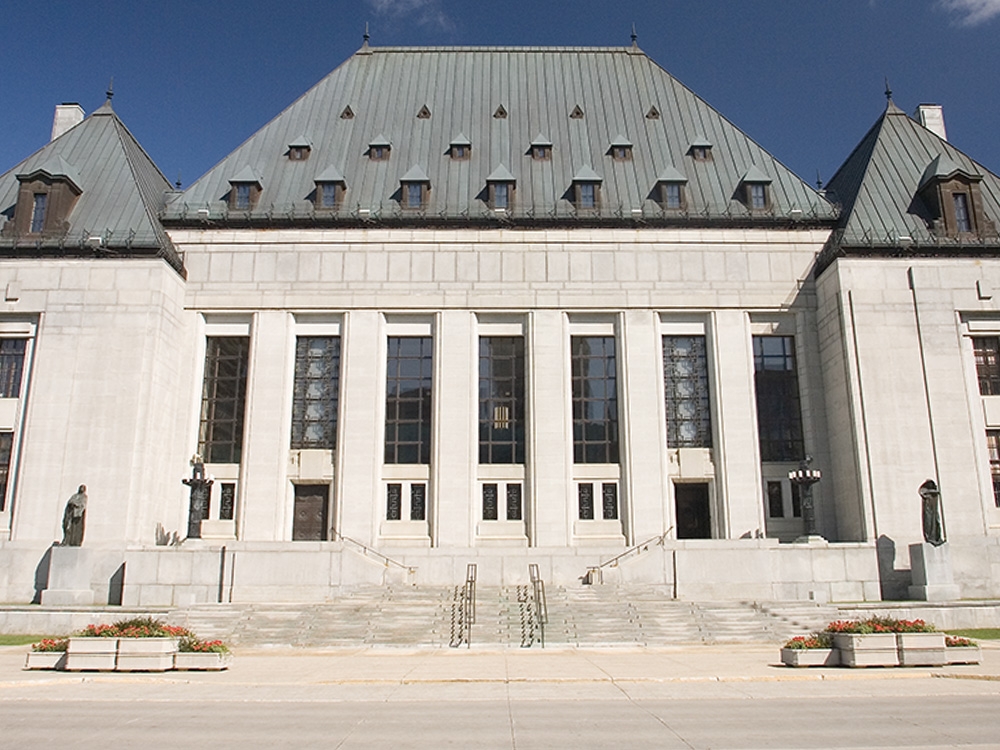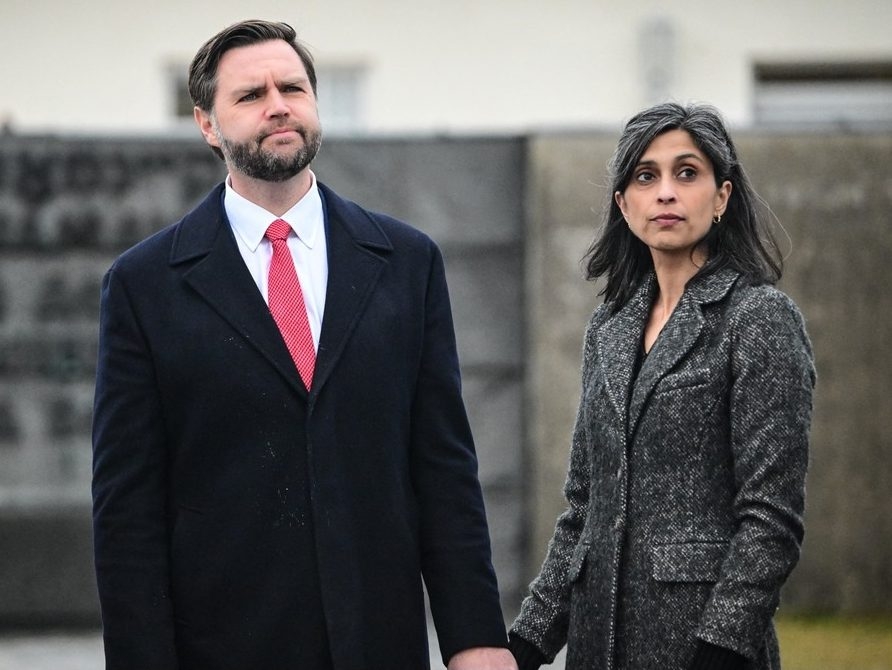The most vulnerable among us have been failed. A recent decision by the Supreme Court of Canada has struck down a one-year mandatory minimum sentence for possession of child pornography, a ruling that defies reason and diminishes the gravity of unimaginable crimes.
The majority opinion, spearheaded by Justice Mary Moreau, didn’t base its decision on the horrific realities of the cases before it. Instead, it relied on a fabricated scenario – a “reasonable hypothetical” – to justify dismantling a law intended to protect children.
The actual cases were harrowing. Louis-Pier Senneville possessed 475 files, the vast majority depicting young girls aged three to six. Mathieu Naud held 531 images and 274 videos, showcasing the sexual abuse of children between five and ten years old. These weren’t isolated incidents; they were collections of unspeakable suffering.

To reach its conclusion, the court conjured a scenario utterly disconnected from the evidence: an 18-year-old receiving a “sext” from a 17-year-old friend. This invented situation, Justice Moreau argued, should be considered equivalent to the deliberate collection and viewing of images depicting the brutalization of innocent children.
This comparison is not only illogical but deeply offensive. It minimizes the deliberate act of seeking out and possessing child pornography, a behavior fueled by exploitation and causing lasting trauma to victims. The court prioritized a far-fetched hypothetical over the documented horrors presented in the actual cases.
The dissenting justices, led by Chief Justice Richard Wagner, rightly condemned this approach. They emphasized the critical need for strong denunciation and deterrence in cases of child pornography, urging lower courts to take these offenses more seriously and impose appropriate sentences.
The decision rests with five judges: Mary Moreau, Andromache Karakatsanis, Sheila Martin, Nicholas Kasirer, and Mahmud Jamal. Four were appointed by the current Prime Minister, while one was appointed by a previous administration. Regardless of appointment, the outcome is a profound disservice to justice.
This ruling isn’t simply a legal setback; it’s a moral failing. It signals a dangerous willingness to prioritize abstract legal theories over the protection of children and the pursuit of justice for the most heinous of crimes. The system itself risks falling into disrepute when such decisions are made.
The implications are clear: Parliament may need to re-evaluate the boundaries of judicial discretion, limiting the use of these “reasonable hypotheticals” before they further erode the foundations of our legal system and leave the most vulnerable unprotected.





